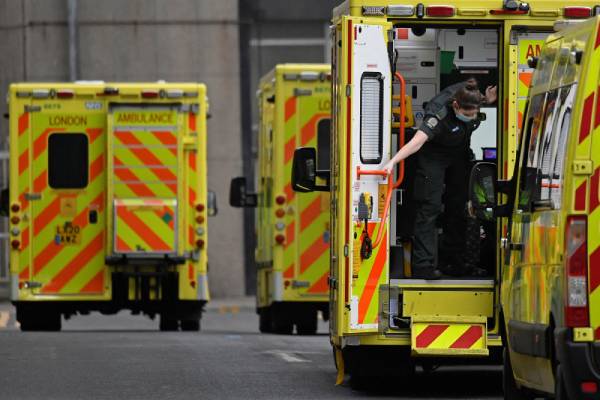In the span of a month, over 150,000 people in the UK have died as a result of the coronavirus, the highest number since the pandemic began in March 2020.
313 people died on Saturday, bringing the total death toll to 150,057. This represents a 38.3% increase over the previous week’s figure.
On Friday, 146,390 more people tested positive for the virus, while 1.2 million people had a confirmed positive test result in the week beginning Jan. 2, representing a 10.65 weekly increase.
51.9 million people had received their first vaccination dose, 47.6 million had received their second, and 35.2 million had received their booster or third dose as of Wednesday.
The Joint Committee on Vaccination and Immunization (JCVI) said on Saturday that a fourth dose of a vaccine was not yet required, and that the population’s first, second, and third doses should be given first.
The UK Health Security Agency (UKHSA) found that three months after taking a booster, hospitalization prevention in people aged 65 and over remained at 90%.
“The current data show the booster dose is continuing to provide high levels of protection against severe disease, even for the most vulnerable older age groups. This is highly encouraging and emphasises the value of a booster jab,” said Professor Wei Shen Lim of the JCVI.
“With Omicron continuing to spread widely, I encourage everyone to come forwards for their booster dose, or if unvaccinated, for their first two doses, to increase their protection against serious illness,” Lim added.





